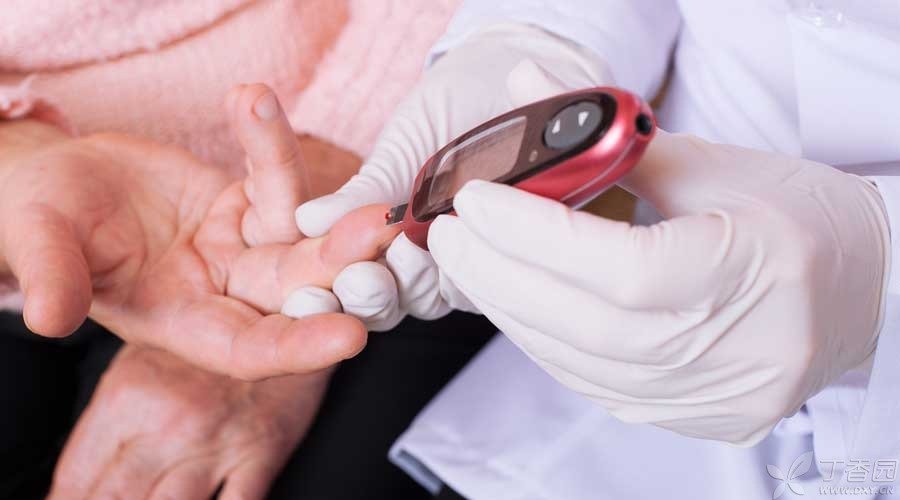
Everyone knows that diabetes is characterized by high blood sugar, but diabetic patients are also more prone to hypoglycemia.
Both diet and medication can cause hypoglycemia. If you have multiple inexplicable hypoglycemia symptoms within a week, you should see a doctor in time to tell the doctor when hypoglycemia occurred and the situation at that time, and the doctor can decide whether to adjust the medication according to your situation.
Hypoglycemic symptom
Mental confusion, dizziness, instability, very hungry, headache, irritability, accelerated heartbeat, bloodless face, sweating, shaking, weakness, anxiety.
If these symptoms are not treated in time, more serious symptoms will occur: loss of coordination, inability to concentrate, slurred speech, loss of consciousness and even coma.
Causes of hypoglycemia
Diabetes drug
In addition to insulin, sulfonylureas and sulfonylureas can also cause hypoglycemia symptoms.
Hypoglycemic drugs taken simultaneously with allopurinol, aspirin, probenecid, warfarin, etc. are also more likely to cause hypoglycemia symptoms.
Improper diet
1. Insufficient carbohydrate intake
2. Not eating snacks or not eating too much
Step 3 Delay meals
Step 4 Drink on an empty stomach
How to deal with it
What should I do after hypoglycemia symptoms occur?
First of all, a blood sugar level should be measured. If the blood sugar level is lower than 3.9 mmol/L. You should eat some sugars, such as fruit sugar, soda, biscuits (not sugar-free), etc. After eating for 15 minutes, another blood sugar level should be measured. If it is still lower than normal, continue to eat sugar.
Do not drive in hypoglycemia
This is a very dangerous situation. When you develop hypoglycemia while driving, be sure to stop to check your blood sugar level and eat a piece of sugar at the same time. Check your blood sugar again after 15 minutes until it returns to normal. If necessary, eat foods containing protein and carbohydrates (such as peanut butter biscuits or cheese biscuits) before driving.
How to Prevent Hypoglycemia
1. Formulate a suitable dietary structure and strictly abide by it;
2. Eat three meals and the prescribed snacks on time every day;
3. The interval between meals should not exceed 4 to 5 hours;
4. Take 30 minutes to 1 hour of exercise after meals, and check blood sugar before and after exercise;
5. Detect blood sugar on time;
7. If the blood sugar level after meals is always very low, consider changing your eating habits and eating less and more as much as possible.
8. If hypoglycemia always occurs on an empty stomach in the morning, you can consider eating snacks with high protein or carbohydrate before going to bed, and consult your doctor if you need to adjust the drugs.
Responsible Editor: Zhang Jingyuan
